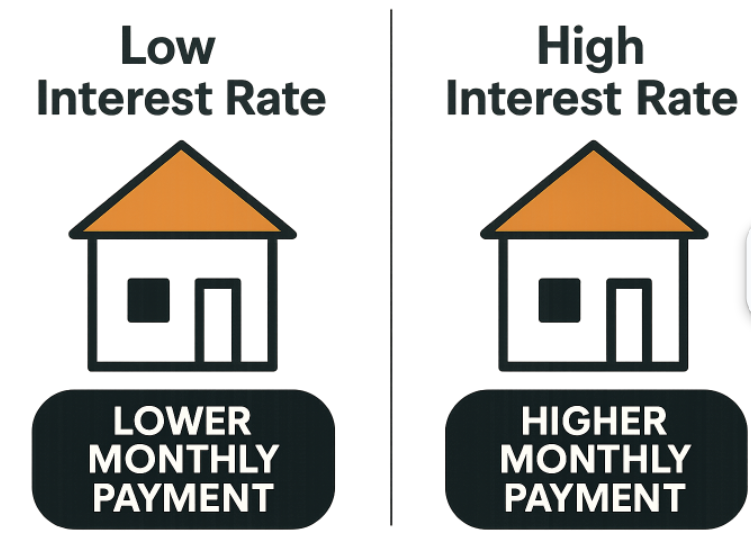Rubmaps is commonly described as an online platform that provides listings and user reviews of massage parlors, with a specific focus on those offering erotic services. The platform reportedly allows users to search for parlors by city, view reviews, and explore details about services offered. While some may view it as a source of information for adult-oriented massages, its presence raises important concerns related to legality, ethics, and the impact on businesses listed without consent.
Legal Risks and Regulatory Complexities
The platform occupies a controversial space within legal frameworks. In many regions, erotic massage services either fall into a gray legal area or are outright illegal. Users engaging with content or services associated with such platforms may unknowingly cross legal boundaries, depending on local laws. For example, jurisdictions with strict anti-solicitation laws may view participation in or support of these services as unlawful, even if the platform claims to only offer reviews.
Further legal complications arise from the platform’s practice of user-generated content. Platforms that host third-party content may be protected under intermediary liability laws in some countries. However, these protections are not absolute. If a platform facilitates or indirectly promotes illegal activity, legal immunity could be challenged by authorities. Users and business owners are advised to exercise caution and remain informed about relevant laws in their area.
Ethical Concerns and Social Impact
Beyond legality, the platform raises serious ethical concerns. It is often accused of perpetuating the objectification of workers in the massage industry, blurring the line between consensual adult work and potential exploitation. While some workers may willingly participate in erotic services, others may be victims of coercion, trafficking, or manipulation—especially in industries with little regulatory oversight.
Moreover, the anonymity of reviews on such platforms often leads to exaggerated, explicit, or false claims, which can harm the individuals involved. Ethical concerns also stem from the casualization of sexual services, which can desensitize users to real-world consequences faced by vulnerable workers. In many cases, the workers featured on the platform may not be aware that they are being reviewed, further complicating the ethical landscape.
Unwanted Business Listings and Reputational Harm
One of the most pressing issues is the unauthorized listing of legitimate massage businesses. Numerous wellness centers, holistic therapy clinics, and certified spas have reportedly discovered their names or addresses appearing on platforms associated with erotic services. These listings can mislead potential customers, damage professional reputations, and invite harassment or unwanted attention.
Business owners often have little recourse, as such platforms may not have transparent or efficient methods for delisting or reporting inaccuracies. Some businesses are forced to consult legal professionals, file complaints, or even rebrand entirely to protect their name. This creates additional financial burdens and emotional stress, particularly for small, family-run enterprises.
User Risks and Consequences
Individuals browsing or interacting with content on adult-oriented review sites may not realize the full implications of their actions. Depending on local legislation, merely accessing or contributing to such platforms could result in legal consequences. There is also the risk of data breaches, scams, or exposure to inappropriate or harmful content.
From a social standpoint, users may unknowingly support exploitative practices by frequenting establishments linked to unethical labor conditions. The normalization of such platforms may contribute to the continued operation of illicit businesses that exploit workers under the guise of legitimate massage services.
The Challenge of Content Moderation
Platforms that rely heavily on user reviews often face the challenge of content moderation. Without stringent policies, such platforms can become a breeding ground for false information, defamatory content, and explicit material that violates privacy. In the case of erotic massage review sites, moderation is even more critical due to the sensitive nature of the services being discussed.
When moderation fails, both users and businesses suffer. Inaccurate or harmful content can remain visible for extended periods, causing long-term damage. Moreover, the absence of identity verification allows users to post anonymously, with minimal accountability for their reviews or claims.
Societal and Cultural Implications
The existence of platforms like Rubmaps reflects broader societal issues. The demand for erotic services intersects with conversations around gender, consent, worker rights, and the commodification of the human body. In some cultures, these platforms may be normalized or overlooked, while in others, they may be seen as deeply immoral or criminal.
Public awareness campaigns, policy reforms, and education about ethical business practices can help mitigate the negative consequences. Greater emphasis should be placed on protecting the rights and dignity of all workers in the massage and wellness industry, whether or not they offer adult services.
Business Owner Strategies for Protection
For business owners concerned about unwanted listings, proactive strategies can help. Regular online searches of business names, monitoring of third-party review platforms, and setting up alerts for unauthorized mentions are useful first steps. In cases where a business is wrongfully associated with adult services, filing formal complaints or issuing public statements may help clarify the brand’s identity.
Some business owners choose to adopt clear branding and signage that reinforces the professional nature of their services. Partnerships with industry associations or wellness certifying bodies can also enhance credibility and reduce the likelihood of misassociation.
Advocating for Responsible Online Behavior
As the digital landscape grows, users have a responsibility to engage ethically. Supporting platforms that prioritize transparency, consent, and verified content is crucial. Likewise, calling out platforms that exploit workers, misrepresent businesses, or encourage unlawful activity is necessary for social accountability.
The push for reform should also include pressure on hosting providers, advertisers, and payment processors to avoid enabling unethical or illegal platforms. Online behavior should align with offline values, especially when vulnerable groups are involved.
Conclusion
Rubmaps and similar platforms present a complex mix of functionality and controversy. While they may serve a niche audience, the broader legal, ethical, and business-related consequences cannot be ignored. From reputational harm to worker exploitation, the platform’s impact stretches beyond the digital world. Legal frameworks may offer partial protection, but ethical responsibility and social awareness must guide how such platforms are approached, regulated, and—if necessary—challenged.
FAQs
What is Rubmaps, and how does it function?
Rubmaps is an online platform that lists and reviews massage parlors, often focusing on those offering adult or erotic services. Users can search by location, read anonymous reviews, and find details about massage providers. While it claims to be a review site, its association with adult content has sparked legal and ethical concerns.
Is it legal to use or interact with platforms like Rubmaps?
Legality depends on your local laws. In some jurisdictions, viewing or participating in content related to erotic services may be illegal. Even if the platform itself is legal, the services it promotes could violate local prostitution or anti-solicitation laws. Always consult legal guidance before engaging with such platforms.
Can legitimate massage businesses be listed without their consent?
Yes. One of the major controversies surrounding Rubmaps is the unauthorized listing of legitimate, non-erotic massage businesses. These listings can damage reputations, confuse clients, and attract unwanted attention. Business owners may need to take legal action or contact the platform to request removal.
What are the ethical concerns associated with Rubmaps?
Rubmaps is often criticized for enabling the objectification of workers and potentially supporting human trafficking or exploitation. It may also contribute to misinformation, privacy violations, and the normalization of illicit activities. Ethical concerns are heightened when workers or businesses are listed without knowledge or consent.
How can users and business owners protect themselves from the risks of Rubmaps?
Users should educate themselves on local laws and avoid platforms that promote questionable services. Business owners can monitor their online presence, report unauthorized listings, and strengthen their branding to distinguish themselves from adult services. Public awareness and responsible online behavior are key to minimizing harm.
Read More: How to Improve Conversion Rates Through Targeted SEO Optimization




